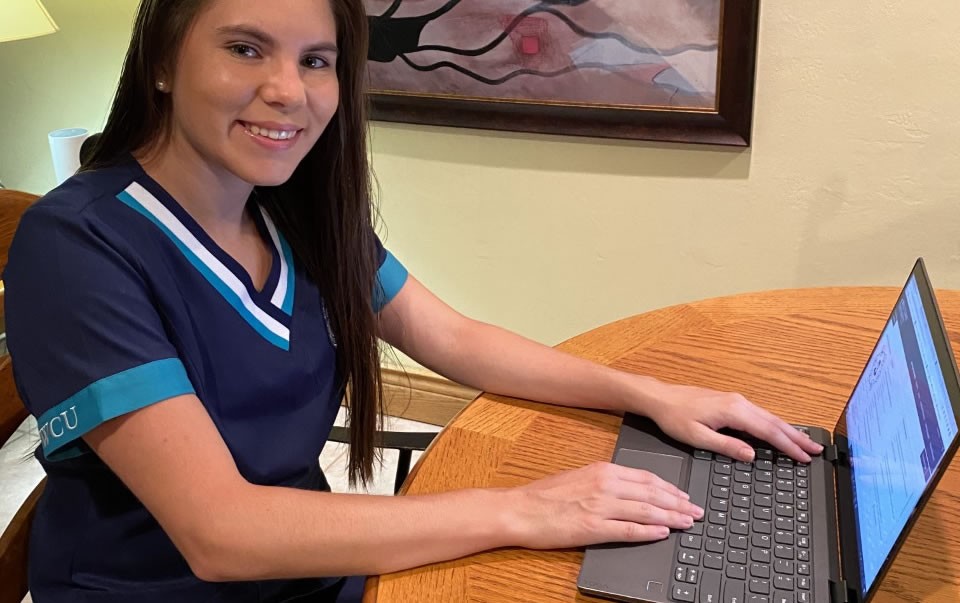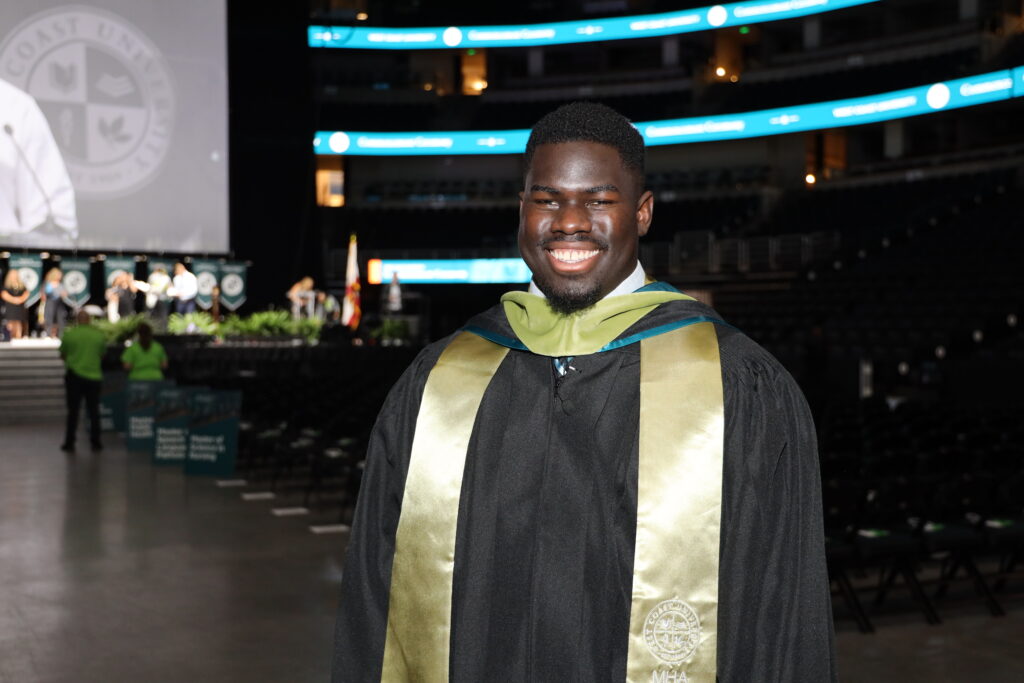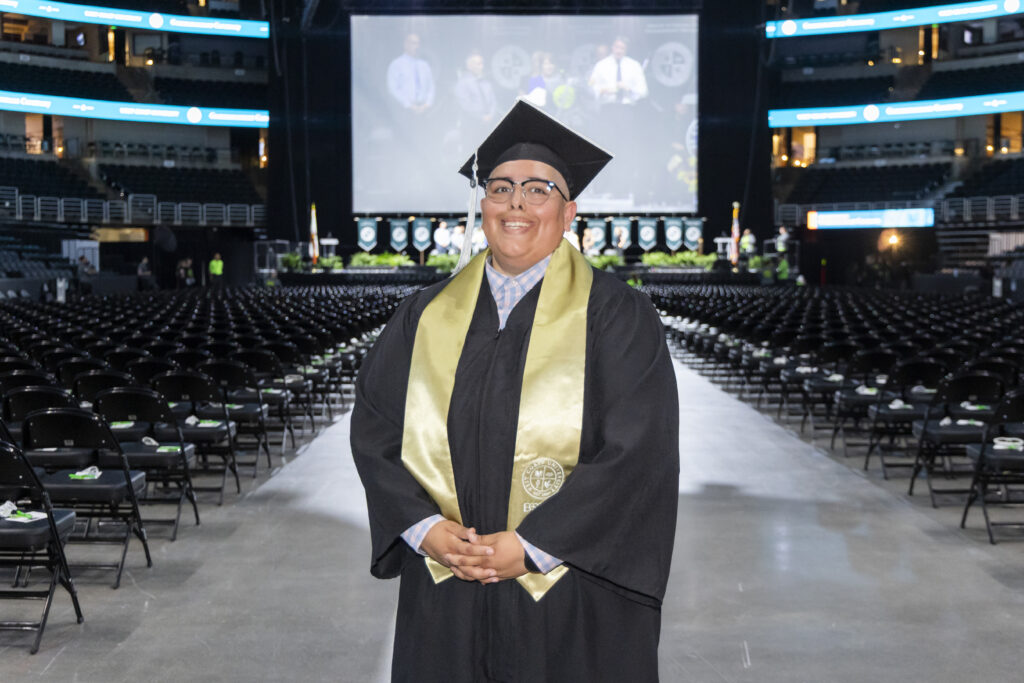Once the coronavirus pandemic hit South Florida, West Coast University nursing instructor Yanet Velazquez Marichal had her in-person classes come to an abrupt halt.
“My biggest concern at first was that the students would not engage, but I’ve made it a priority to keep that student-instructor relationship alive in my online classroom,” Velazquez Marichal said. “I wanted to continue to be as approachable and reachable as when we were on campus.”
Like Velazquez Marichal, all WCU staff had to rethink the delivery of their instruction when the stay-at-home orders began. But despite the circumstances, the one thing they knew had to be maintained, was the student-centric culture for which the university is known.
“At first, it was overwhelming,” WCU nursing student Danielle Ruiz said, “but the school made the transition as easy as possible for students to understand where they needed to be and what they needed to do.”
WCU discovered innovative ways to teach and prepare students for a career in nursing while preserving those meaningful, face-to-face conversations that bring value to a student’s education and future nursing career.
With the help of technology, the university implemented a synchronous learning model to ensure students never missed a beat.
“My full, five-hour class time is spent on face-to-face video calls with the students where they can see me, and I can see them, and we can interact as a whole,” Velazquez Marichal said.
Adaptability has been another critical component in WCU’s transition to online learning, closely monitoring student and instructor feedback, and making improvements accordingly.
From this feedback, a new video production tool was added as a resource for WCU instructors to enhance online teaching capabilities. It gives instructors access to high-quality video recording technology, allowing them to record supplemental videos for students from home about challenging topics such as math and dimensional analysis.
“It’s great for visual learners because the tool incorporates engaging graphics and text to support the video of the instructor lecturing,” Velazquez Marichal said.
Another challenge WCU focused on was making its online clinical component more hands-on. The university hosted a drive-by where students could safely pick up a duffle bag with all the tools they’d need as a nursing student learning from home, including an IV, urinary catheter, blood pressure cup, and stethoscope.
“Now when I say, ‘We’re going to talk about checking vital signs,’ the students bring out their stethoscope and follow along from their homes,” Velazquez Marichal explains. “And maybe they don’t have the high-fidelity mannequins but they have something better – their family that they can practice with. It’s all about improvising.”
WCU’s innovation extends far beyond the online classroom, designing an all-encompassing virtual experience for students to have access to the same resources that were available on campus. Whether it be chatting with NCLEX advisors for studying tips, preparing for an upcoming job interview, or scheduling peer-to-peer tutoring, students can stay engaged with campus life from home. The university even offers virtual “destresser” activities such as yoga, meditation, and games to provide students with mental health support as they face the challenges of today’s socially-distant environment. Despite these challenges, the pandemic introduced new approaches to nursing education that never had to be considered in the past.
“With this online platform transformation, we have realized maybe there are more students we can reach that have all the intention and capability to become a nurse but don’t have the transportation or ability to be on campus,” Velazquez Marichal said. “These circumstances have changed how accessible nursing becomes to a greater number of students.”
WCU provides career guidance and assistance but cannot guarantee employment. The views and opinions expressed are those of the individuals and do not necessarily reflect the beliefs or position of the school or of any instructor or student.



